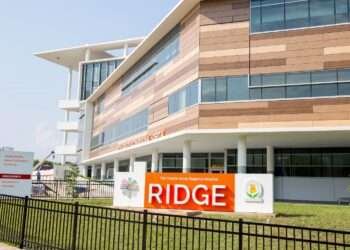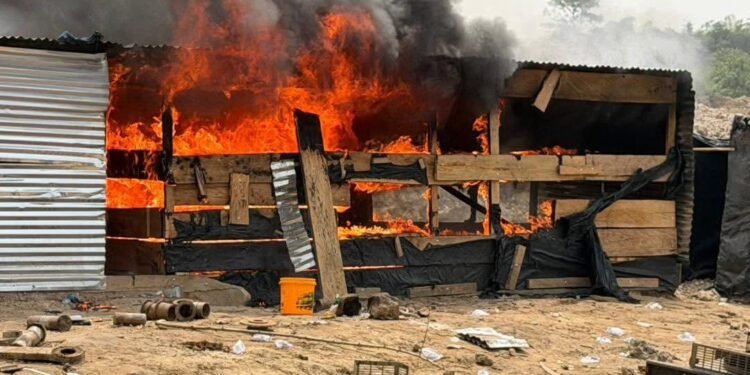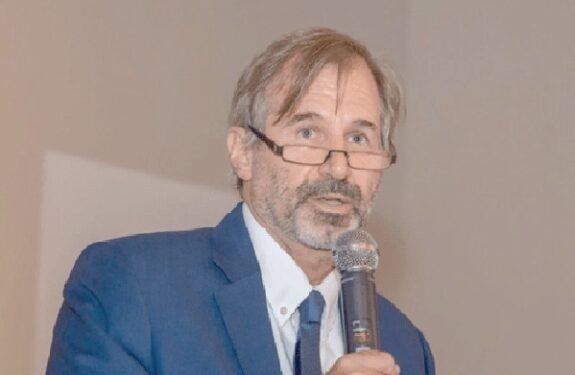In the lead-up to Ghana’s December 7 elections, National Security Minister Albert Kan-Dapaah has voiced serious concerns about an increasing lack of trust in the country’s judiciary among political figures.
Speaking at a forum in Accra, Mr. Kan-Dapaah criticized the emerging trend of undermining the judiciary, warning that this could have severe consequences for the nation’s democratic processes. Mr. Kan-Dapaah underscored the critical role of the judiciary in resolving electoral disputes and maintaining the integrity of the democratic process.
“We may for the first time experience a situation where none of the major political parties will be willing to explore the courts to address their grievances.”
Albert Kan-Dapaah, National Security Minister
The National Security Minister further elaborated on the potential repercussions of this distrust. He mentioned that if political parties lose faith in the judiciary’s capacity to handle electoral disputes fairly, it could result in widespread chaos.
The absence of a trusted judicial mechanism to resolve election-related issues could lead to heightened tensions and instability.
Mr. Kan-Dapaah’s remarks underscore the critical role that a reliable judiciary plays in maintaining democratic order and peace, particularly during the high-stakes period of national elections.
In light of these concerns, Mr. Kan-Dapaah stressed the urgent need for Ghana to develop a robust and transparent electoral system. He emphasized that the integrity of the electoral process is paramount and that all political parties must have confidence in the results.
This call to action highlights the importance of transparency and accountability in electoral processes to ensure that election outcomes are universally accepted.
Emphasis on Peaceful Elections

Beyond the structural reforms, Mr. Kan-Dapaah also appealed to the citizens of Ghana to prioritize peace during the elections. He urged Ghanaians not to be swayed by politicians who may incite violence if they lose.
“Ghanaians must also be aware of their responsibilities. They must not allow themselves to be used by politicians who lose elections.
“Peace is very expensive and sometimes we have to make sacrifices one time or the other to maintain it. So may nobody participate in violence. So those who lose, accept it peacefully.”
Albert Kan-Dapaah, National Security Minister
His plea for peace highlights the collective responsibility of both political leaders and citizens to ensure a smooth and conflict-free electoral process. It is a reminder that maintaining peace is crucial for the country’s stability and progress.
Ghana has long been hailed as a beacon of democracy in West Africa, with a history of relatively peaceful transitions of power. However, the concerns raised by Mr. Kan-Dapaah reflect a growing unease about the integrity of democratic institutions.
This unease is not unique to Ghana but is part of a broader trend observed in many democracies worldwide where trust in judicial and electoral systems is waning.
The potential implications of such distrust are significant. If political parties refuse to seek judicial recourse for electoral grievances, it could undermine the entire democratic framework. The judiciary’s role as an impartial arbiter is essential in resolving disputes and maintaining order. Without this mechanism, the risk of post-election violence and instability increases dramatically.
As Ghana stands on the brink of another crucial electoral cycle, the statements made by Mr. Kan-Dapaah serve as a stark reminder of the challenges that lie ahead. The call for increased trust in the judiciary and a commitment to peaceful conduct underscores the collective responsibility of all Ghanaians to safeguard the nation’s democracy.























